Collaboration between HI UNUD and HI UKI: National Seminar "The Dangers of Human Trafficking in the Prospective Work Force"
The International Relations Study Program, FISIP, Udayana University held a national seminar on Monday, November 4 2024, which took place at the FISIP Building, Sudirman Campus. With the theme "The Dangers of Human Trafficking in the Prospective Work Force", this seminar was presented by three speakers from academics and practitioners, and was attended by active students of the International Relations study program at Udayana University. This activity is a form of collaboration between the Udayana University HI study program and the Indonesian Christian University HI study program which was carried out to increase student awareness regarding the many cases of human trafficking that befell Indonesian migrant workers from various perspectives.
The first resource person, Arthuur Jeverson Maya, S. Sos., M. A., who is one of the IR lecturers at the Indonesian Christian University, presented material regarding the meaning of human trafficking, types of human trafficking, and the problems that cause this to occur. In the material presented, the academic and UKI HI study program coordinator said that there are four types of human trafficking, namely sexual exploitation or prostitution, slavery, forced labor, and the transfer of body organs. Furthermore, it was explained that there are several main problems that cause human trafficking to still occur. This includes poverty, gender inequality, lack of education, employment opportunities and the impact of overpopulation, as well as inadequate law enforcement. “The exploitation of the working class is a phenomenon that continues to be repeated in history. Therefore this must be stopped. "There must be a crack in history," he said.
The presentation of the material was continued by I Gusti Agung Nanditya Wardhana, S. IP. who is a practitioner for the protection of Indonesian Migrant Workers from the Indonesian Migrant Worker Protection Agency (BP2MI). Nanditya said that the crime of trafficking in persons (TPPO) is closely related to migrant workers, especially if the recruitment process is illegal, documents are withheld, physical and sexual violence, and the concept of debt slavery which is often used by agents to ensnare workers. Economic factors, lack of information, the wide network of TPPO perpetrators, and system weaknesses make Indonesian Migraine Workers (PMI) vulnerable to becoming victims of TPPO. Apart from that, Nanditya also explained the duties and functions of BP2MI in protecting PMI, such as activities with related stakeholders, document verification, outreach, coordination with various parties, as well as being an expert witness in trials involving TIP charges.
The material presentation session was closed by Putu Ratih Kumala Dewi, S. H., M. Hub. Int. one of the HI lecturers at Udayana University. Ratih opened the material with the statement, "Indonesian Migrant Workers are foreign exchange heroes," this is because they are assets for the country that contribute income to Indonesia. Apart from that, Ratih also underlined that PMI whose recruitment process does not comply with procedures are vulnerable to threats of exploitation, violence and human trafficking. TPPO modes are now increasingly varied. This indicates the need for preventative measures so that PMI do not fall into TPPO. This preventative step involves various parties, starting from BP2MI with its outreach program, Kominfo which is tasked with blocking job vacancy announcements that indicate human trafficking, Indonesian Immigration which is the immigration supervisor, the Ministry of Foreign Affairs which carries out outreach and outreach, to non-state actors such as the community, students, to academics who have a role in reporting things that have the potential to become TIP cases. Ratih said, "TPPO is a complex problem because it is an organized crime that does not involve just one party, but also parties from the country that provides the work." "In addition, there are different legal applications in each country," he continued.
The seminar activity then continued with a question and answer session between participants and resource persons regarding the topics discussed. Participants who ask questions will also be given merchandise in the form of tote bags. This session was then continued with the presentation of certificates by the moderator, namely Penny Kurnia Putri, S. Sos., M. A. who is a lecturer in HI at Udayana University, to the speakers. After that, the seminar closed with a photo with the speakers and seminar participants.
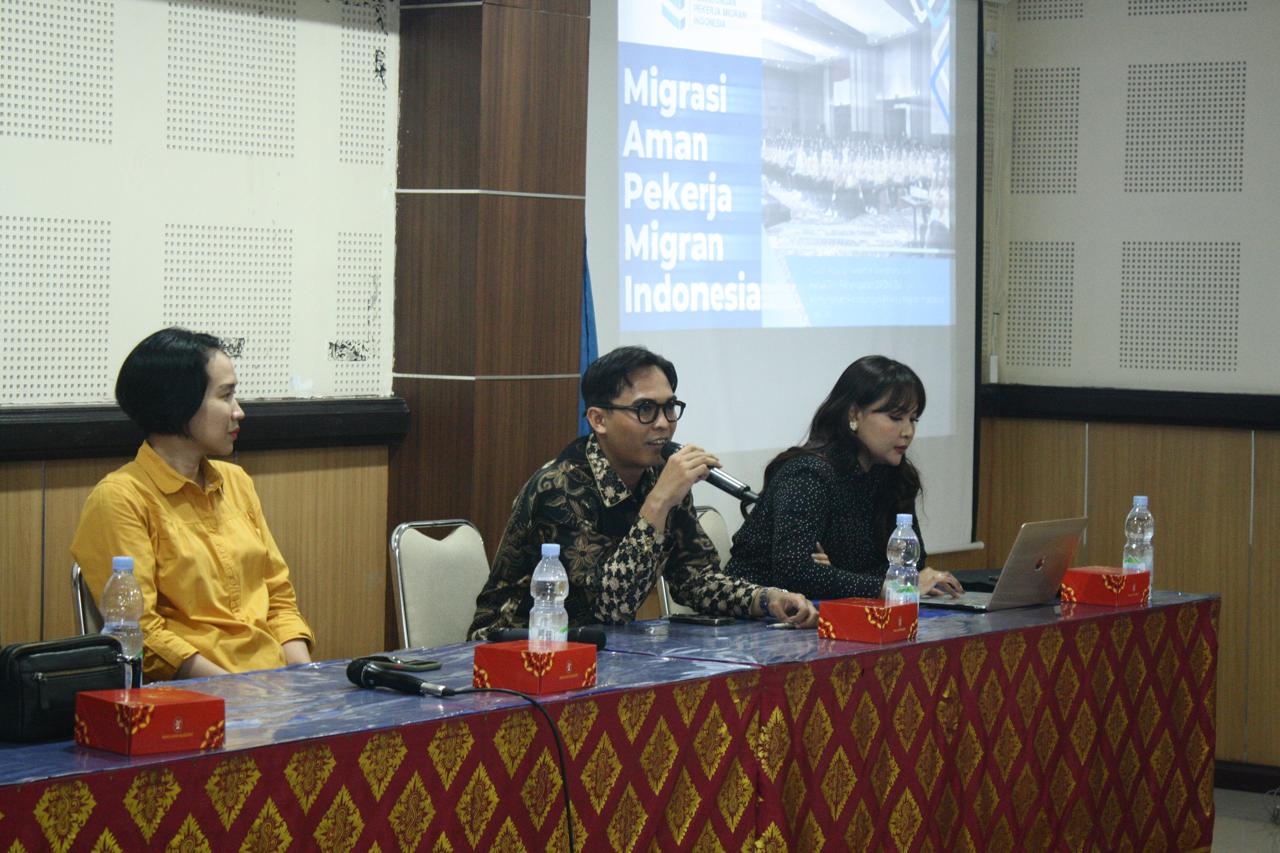
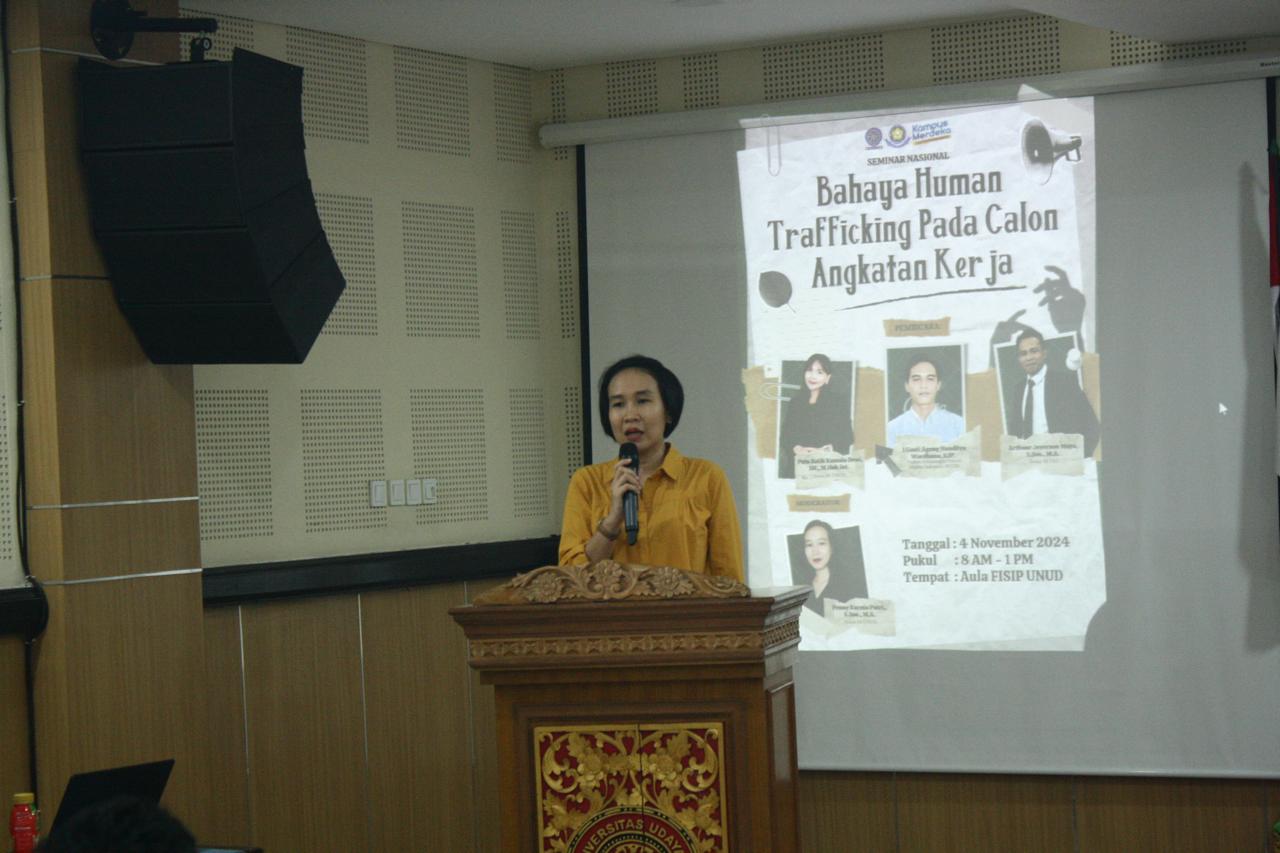
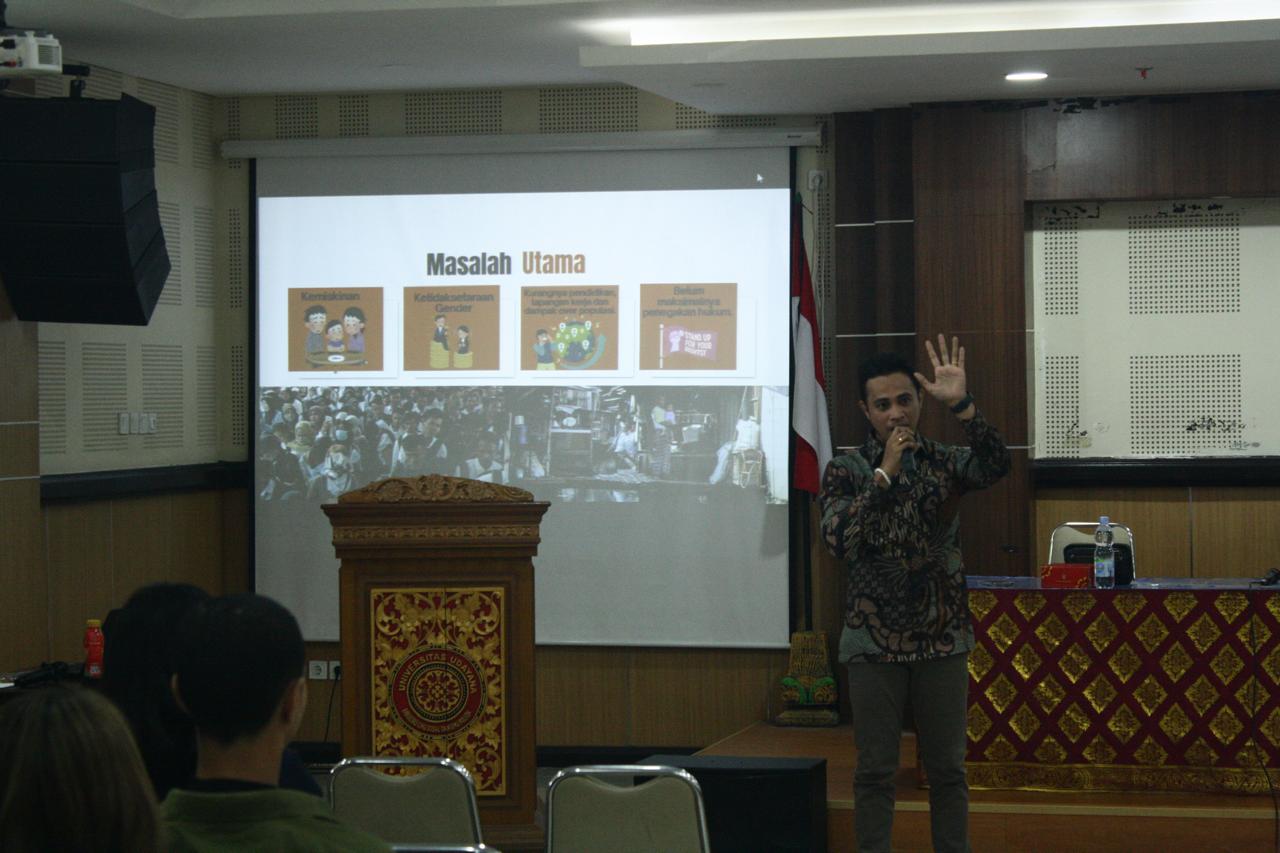
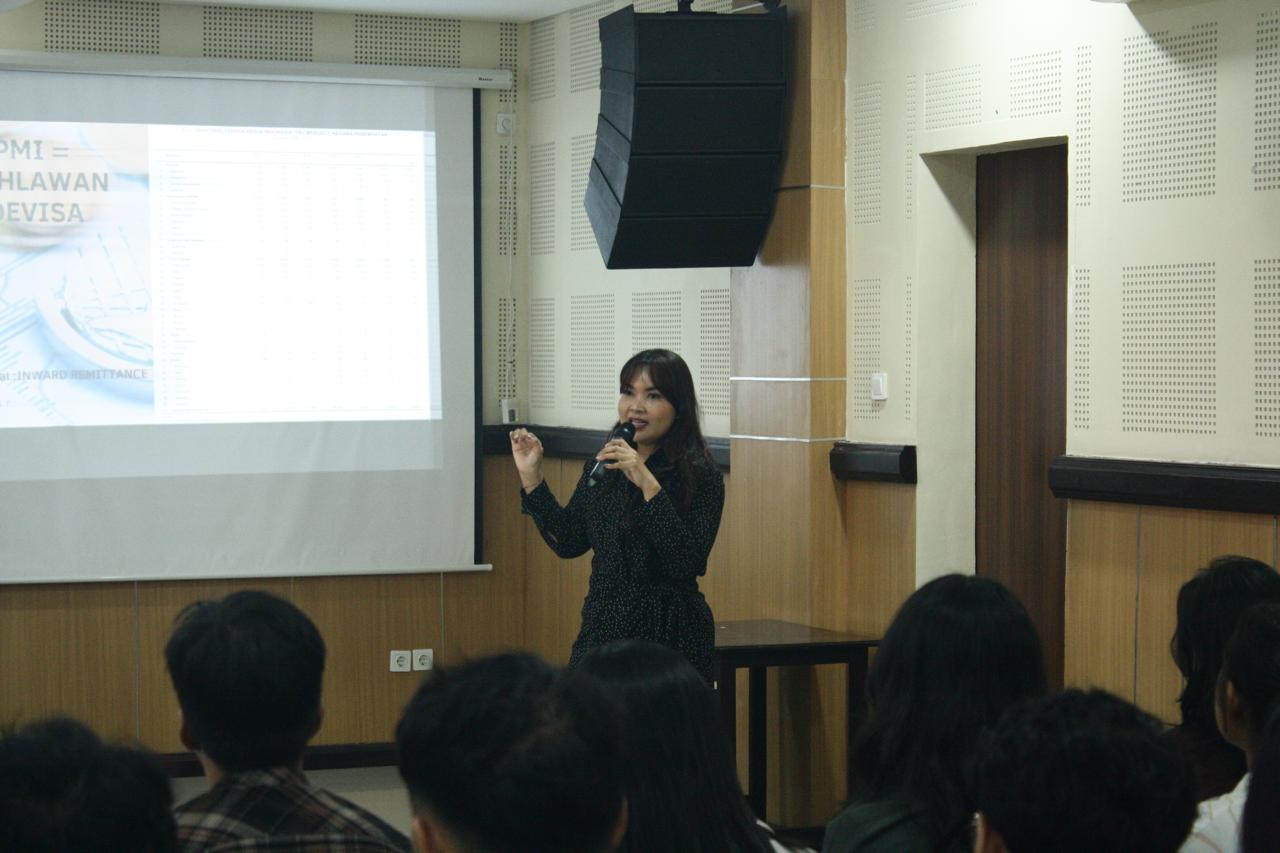
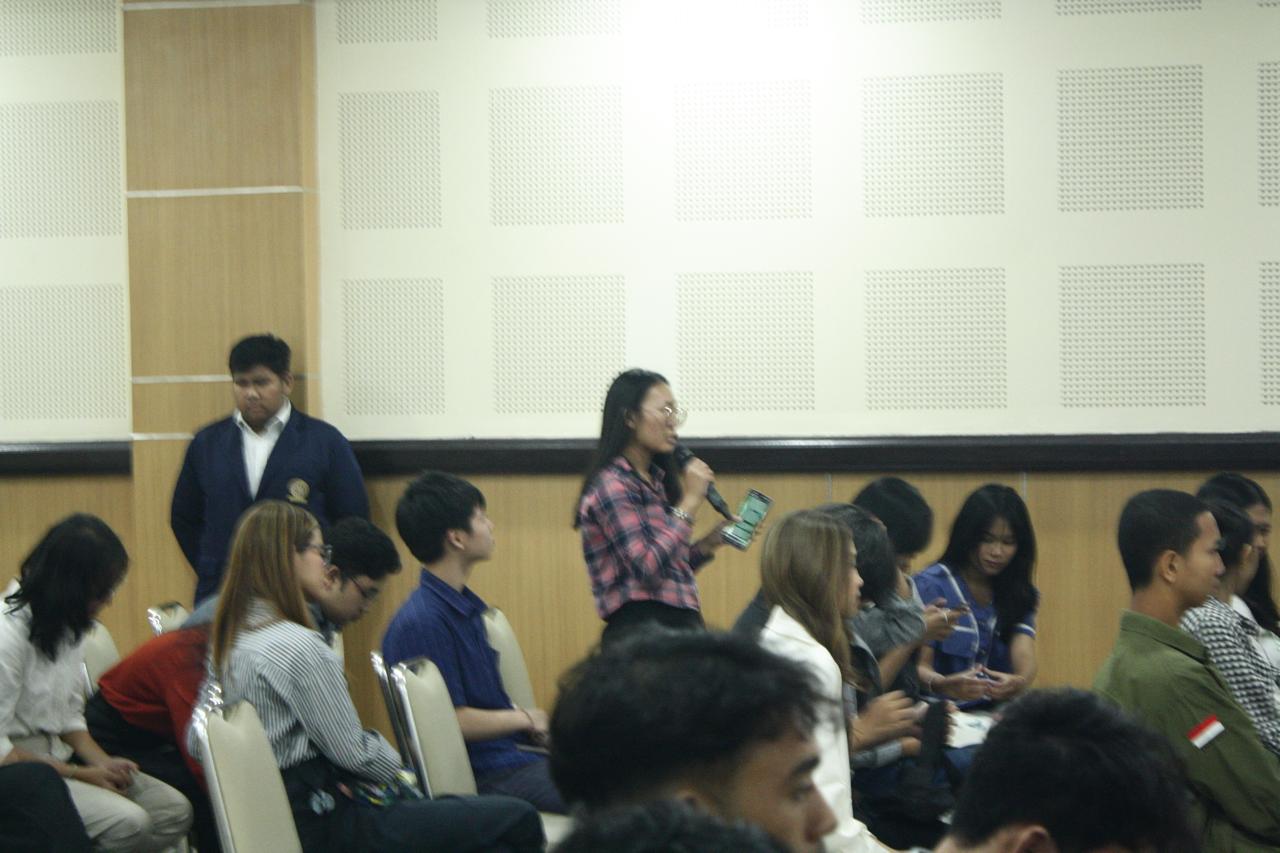
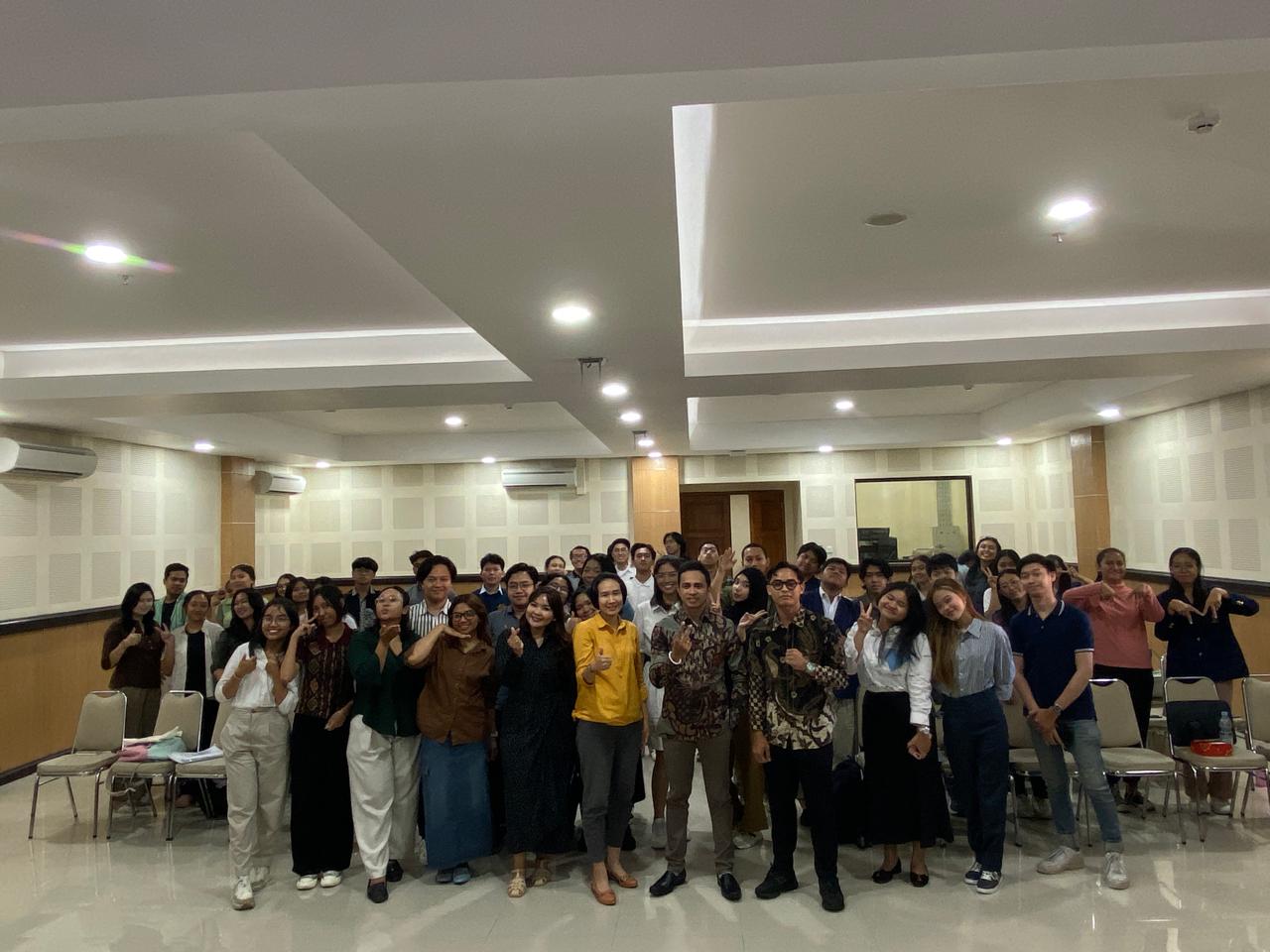
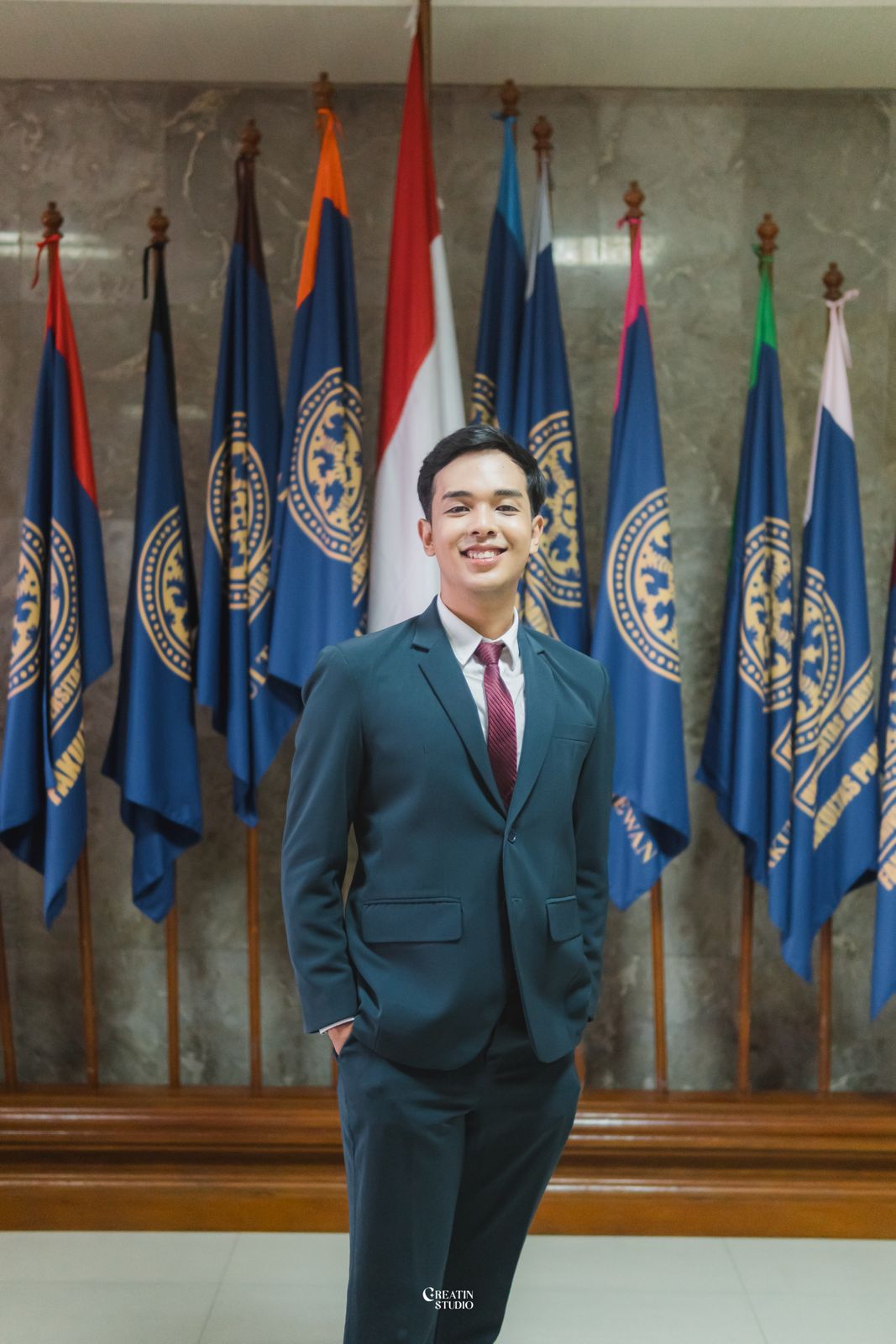
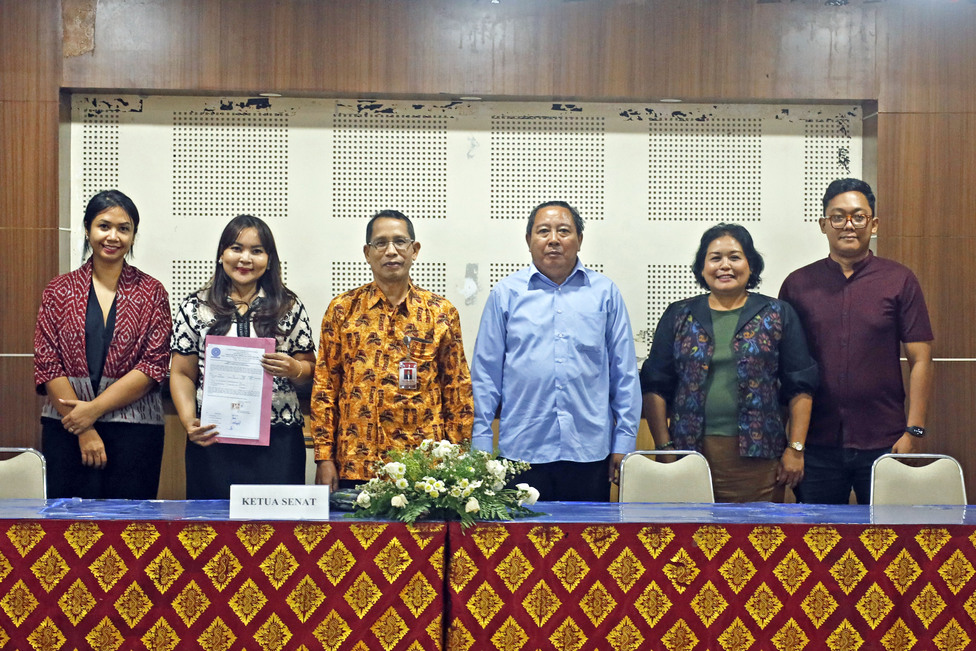
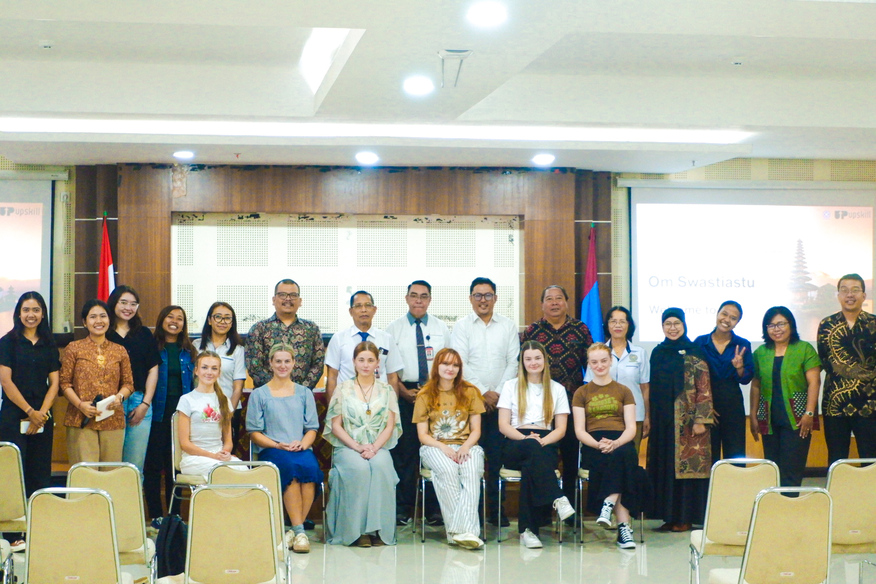
UDAYANA UNIVERSITY